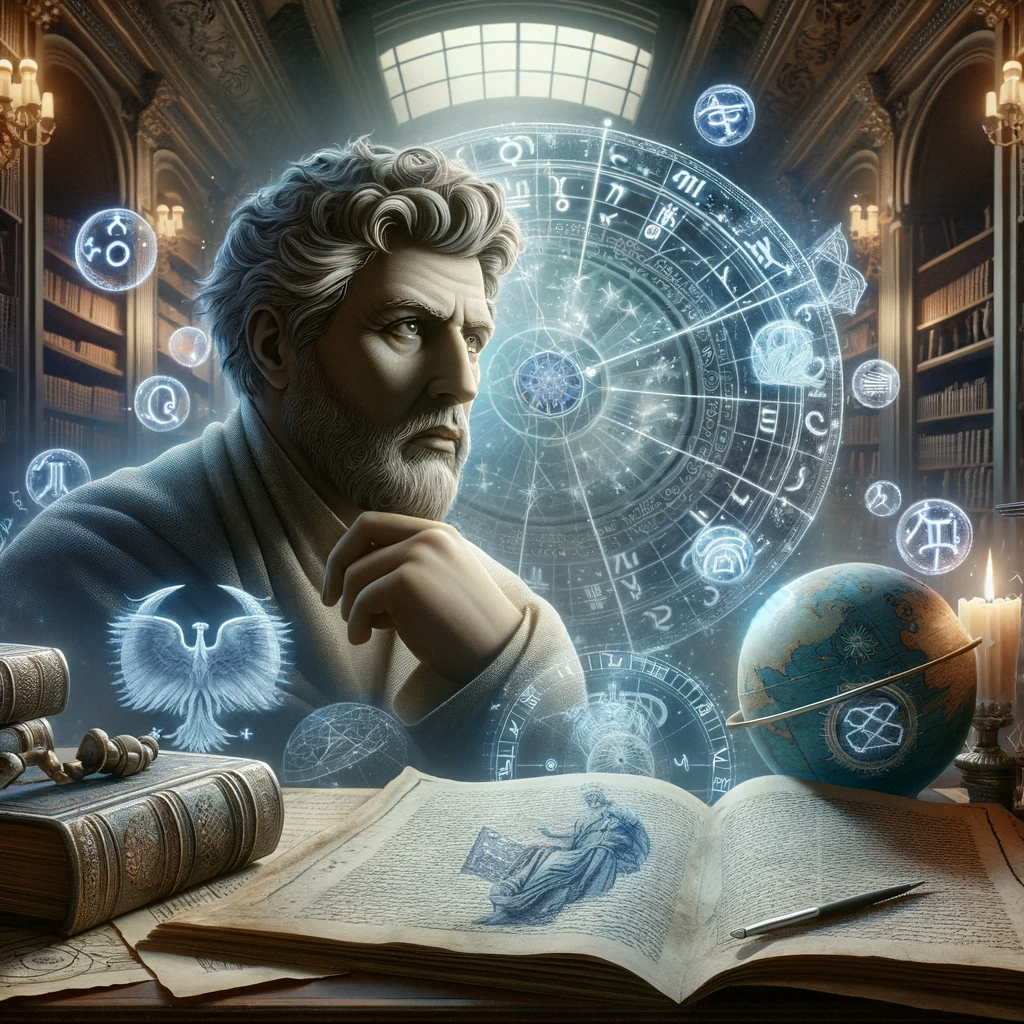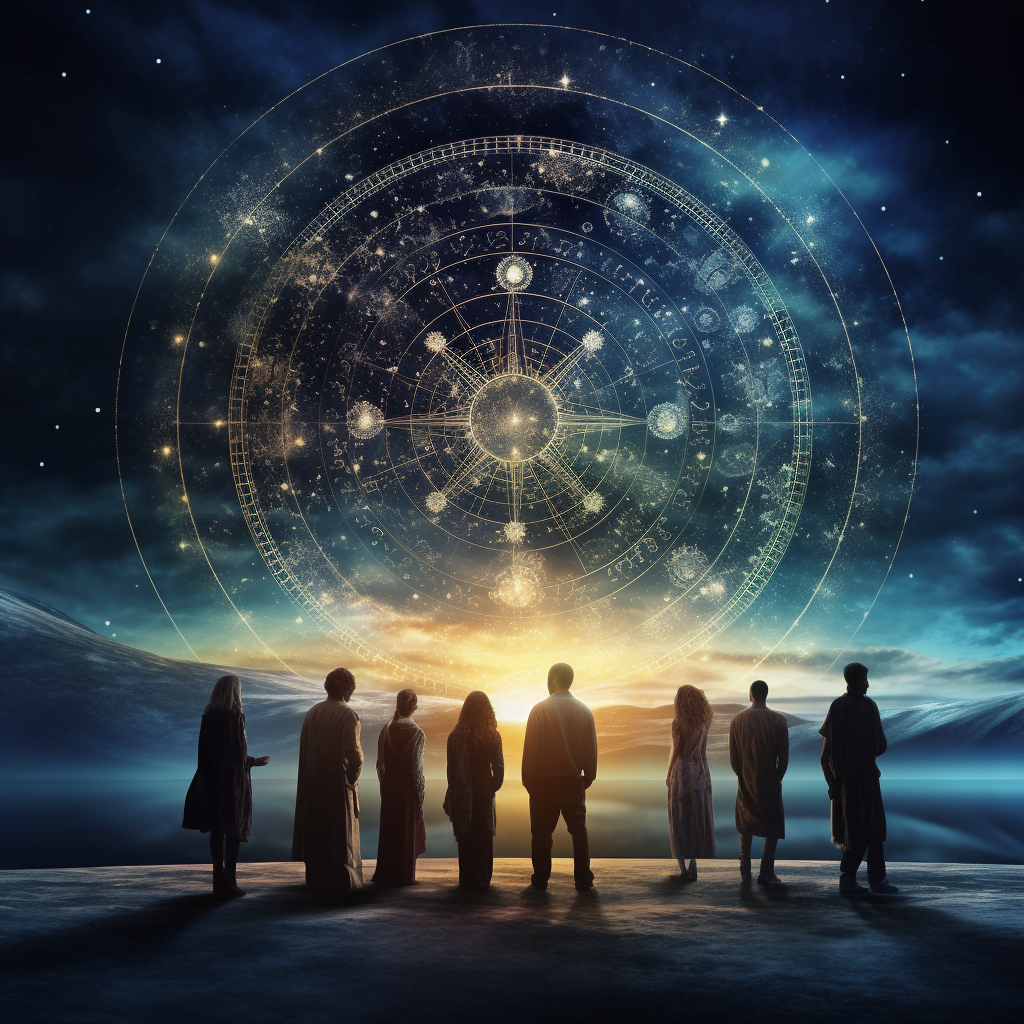In tracing the roots of modern astrology, it is imperative to explore the historical figure widely regarded as its father. This article delves into the life and works of this enigmatic personality, shedding light on the profound impact he had on the field. By examining his contributions to the development and popularization of astrology, we gain a deeper understanding of how his teachings continue to shape our interpretation of the stars today.
The Origin of Astrology
Astrology, an ancient practice rooted in the belief that celestial bodies and their movements can influence human behavior and predict future events, has a rich and intriguing history. Its origins trace back to early civilizations where people observed the stars and planets and sought to interpret their significance. In this article, I will explore the early origins of astrology, its development in ancient civilizations, its evolution through time, the defining characteristics of modern astrology, the father of modern astrology – Dr. Alan Leo, his life and work, his key contributions to astrology, his legacy and influence, criticism and controversy surrounding the field, and the evolution of astrology in contemporary society.
Early Origins
The roots of astrology can be traced back to ancient Mesopotamia, where the Sumerians, Babylonians, and Assyrians first began studying the sky. They observed the movements of celestial bodies and believed that these celestial events were connected to earthly affairs. Their astrological practices were centered around divination, as they attempted to gain insights into personal fortunes, agricultural cycles, and political developments. This early form of astrology laid the foundation for the development of the field in subsequent civilizations.
Development in Ancient Civilizations
Astrology continued to evolve in ancient Egypt, Greece, and China, with each civilization incorporating its own cultural elements and beliefs into the practice. In Egypt, astrology was intricately linked to religion and was employed in the interpretation of dreams and the prediction of natural disasters. The Greeks, known for their contributions to various fields, greatly influenced astrology through their philosophical teachings. Greek philosophers, such as Pythagoras and Plato, explored the connections between celestial bodies and human existence, laying the groundwork for astrological concepts such as the zodiac and planetary rulerships.
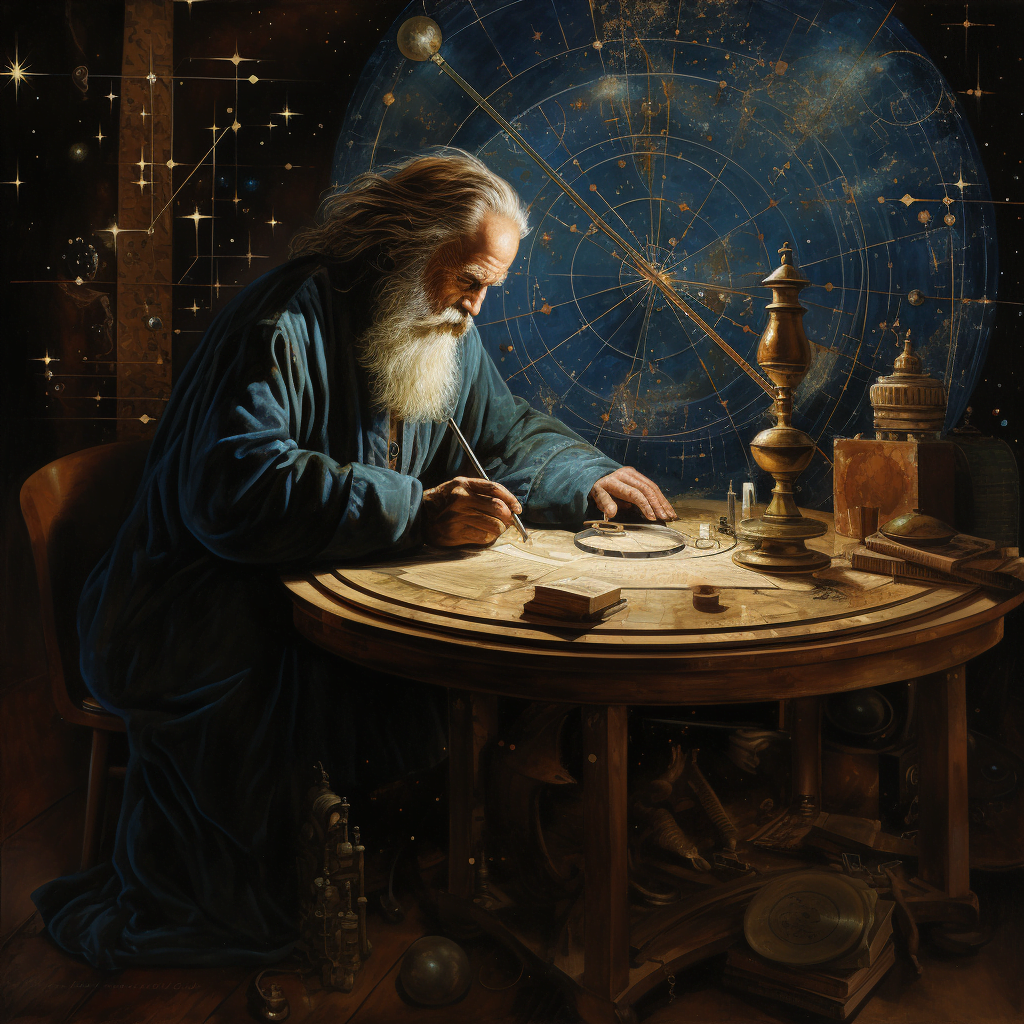
Evolution of Astrology through Time
Greek Influence
The Hellenistic period, following the conquests of Alexander the Great, saw a remarkable combination of Greek, Egyptian, and Babylonian astrological traditions. Astrologers like Claudius Ptolemy, through his influential work “Tetrabiblos,” codified astrological principles and established a systematic approach to the discipline. Greek influence brought structure and organization to astrology, enabling it to flourish and spread across ancient empires.
Arabic Contributions
During the Islamic Golden Age, Arabic scholars made significant contributions to astrology by translating Greek texts and bringing their own intellectual perspectives to the field. Prominent figures such as Abu Ma’shar and Al-Biruni expanded astrological knowledge and refined astrological techniques. Arab astrologers introduced the use of Arabic parts, a method of calculating sensitive points in a birth chart that represented specific areas of a person’s life. This period marked a crucial bridge between the ancient and medieval eras of astrology.
Renaissance and Enlightenment Era
The Renaissance witnessed a resurgence of interest in astrology, as scholars and intellectuals sought to revive classical knowledge and challenge religious dogma. Astrology became an essential part of the Renaissance worldview, with renowned figures like Johannes Kepler embracing the study of celestial influences while also advancing the fields of astronomy and mathematics. In the Enlightenment era, astrology faced increasing skepticism as a result of the growing influence of empirical science. However, its popularity persisted among certain segments of society, particularly those seeking guidance and self-discovery.
Defining Modern Astrology
Astrology as it is understood today encompasses a variety of methods and practices that have been refined and expanded upon over centuries. Modern astrology is characterized by its focus on individual birth charts and a holistic approach to understanding human nature and destiny. Astrologers analyze the positions of the planets and their relationships to each other at the time of a person’s birth to glean insights into their personality traits, life experiences, and potential future developments.
Methods and Practices
Modern astrologers utilize a range of techniques, including transits, progressions, and solar returns, to interpret the ever-changing cosmic influences affecting an individual’s life. Transits involve analyzing the movements of the planets in relation to a person’s birth chart to identify periods of opportunity, challenge, or significant life events. Progressions, on the other hand, symbolically move the birth chart forward in time, reflecting an individual’s personal growth and evolving experiences. Solar returns mark the moment when the Sun returns to its natal position, providing insights into the themes and opportunities that can shape an individual’s year ahead.
Adaptations and Innovations
Over time, astrology has adapted to reflect changing societal beliefs, incorporating new psychological and spiritual perspectives. Psychological astrology, pioneered by figures such as Carl Jung and Liz Greene, delves into the depths of the human psyche and explores the archetypal patterns represented in astrological symbols. This approach emphasizes the integration of astrology with modern psychology, providing a deeper understanding of the individual’s inner world and facilitating personal growth and self-awareness.
The Father of Modern Astrology
The Search Begins
The quest to identify the father of modern astrology leads us to the late 19th and early 20th centuries, a period marked by renewed interest and innovation in the field. Many influential astrologers emerged during this time, but one figure stands out as a pioneer who revolutionized astrology and laid the groundwork for its contemporary practice – Dr. Alan Leo.
Introduction to Dr. Alan Leo
Born William Frederick Allan in 1860, Dr. Alan Leo experienced a transformative spiritual awakening that propelled him into the study and practice of astrology. He vehemently believed in the potential of astrology to unlock the mysteries of the human psyche and guide individuals towards self-realization. Driven by a passion to make astrology accessible to the masses, he adopted the name Alan Leo and dedicated his life to promoting and advancing the field.
Leo’s Contributions to Astrology
Dr. Alan Leo made significant contributions to the field of astrology, forever altering its perception and practice. He played a crucial role in popularizing astrology through his extensive writing, introduced the concept of psychological astrology, and revolutionized the interpretation of birth charts.
Dr. Alan Leo’s Life and Work
Early Years
Alan Leo’s fascination with astrology began during his childhood when he experienced numerous paranormal phenomena. These encounters ignited a lifelong curiosity about the mystical and unseen forces that shape human existence. Leo’s interest in astrology deepened as he explored various esoteric practices and diligently studied ancient astrological texts.
Astrological Education and Practice
In his quest for knowledge, Leo sought out established astrologers of his time, including Frederick William Burgess and Walter Gorn Old. Under their mentorship, Leo honed his astrological skills and refined his understanding of the cosmic influences at play. He became a dedicated practitioner, consulting countless clients and conducting extensive research to better grasp the intricacies of astrology.
Establishing ‘The Modern Astrology’
Driven by a desire to share his insights with a broader audience, Leo established The Astrological Society of Great Britain in 1915, which later became known as The Astrological Lodge of the Theosophical Society. This platform allowed Leo to disseminate his teachings, provide astrological education, and foster a supportive community for astrological enthusiasts.
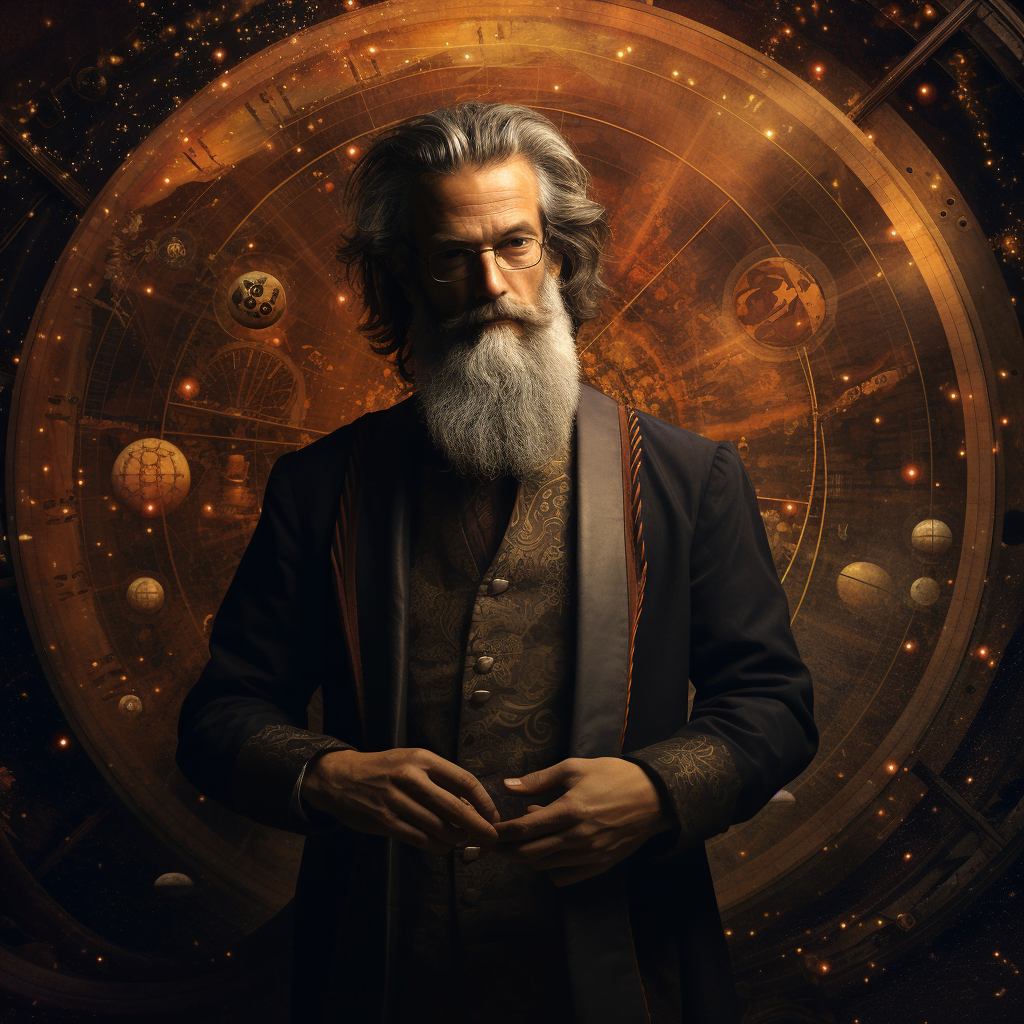
Leo’s Key Contributions to Astrology
Popularizing Astrology through Writing
Dr. Alan Leo was a prolific writer and published numerous books and articles that introduced astrology to the general public. His works, including “Practical Astrology” and “Astrology for All,” demystified the complex language of astrology and presented it in a practical and accessible manner. Leo’s writings resonated with individuals seeking guidance and self-understanding, further fueling the popularity of astrology.
Introducing Psychological Astrology
Leo’s exploration of astrology went far beyond predicting future events; he delved into the psychological dimensions of astrology. He recognized that the birth chart provided a blueprint of an individual’s psyche and soul’s journey. This led him to develop the concept of psychological astrology, which emphasized the importance of self-reflection, personal growth, and the integration of the conscious and unconscious aspects of the self.
Revolutionizing Birth Chart Interpretation
One of Dr. Alan Leo’s most significant contributions was his innovative approach to interpreting birth charts. He focused on blending the energies of the Sun, Moon, and Ascendant, considering them the fundamental pillars of individuality. Leo believed that the integration of these three elements provided a comprehensive understanding of a person’s character, motivations, and life path. This holistic approach to birth chart interpretation paved the way for the modern understanding of astrology as a tool for self-discovery and personal transformation.
Legacy and Influence of Dr. Alan Leo
Leo’s Impact on Modern Astrologers
Dr. Alan Leo’s influence on modern astrology cannot be overstated. His dedication to popularizing astrology, his introduction of psychological astrology, and his innovative approaches to birth chart interpretation laid the groundwork for generations of astrologers to come. Many contemporary astrologers credit Leo as a pivotal figure whose work shaped and guided their practices.
Continued Relevance and Practice of Leo’s Astrological Principles
Leo’s astrological principles continue to be practiced and studied today. His emphasis on self-reflection, psychological understanding, and personal growth resonates with individuals seeking deeper meaning and purpose. Astrologers worldwide draw inspiration from Leo’s teachings and incorporate his techniques into their readings and consultations.
Criticism and Controversy
Critiques of Modern Astrology
Despite its enduring popularity, astrology faces criticism from skeptics who view it as a pseudoscience lacking empirical evidence. Critics argue that astrological predictions can be vague and open to interpretation, making it difficult to establish its accuracy. Moreover, astrology’s reliance on birth charts and generalizations based on sun signs has led some to dismiss it as overly simplistic and deterministic.
Debating Astrological Accuracy
The debate surrounding the accuracy of astrology persists to this day. While some individuals attest to the accuracy of astrological predictions in their own lives, scientific studies seeking to validate astrological claims have yielded mixed results. Skeptics argue that astrological insights can be attributed to psychological factors such as confirmation bias or the Barnum effect, where generalized statements are believed to be highly specific due to their perceived personal relevance.
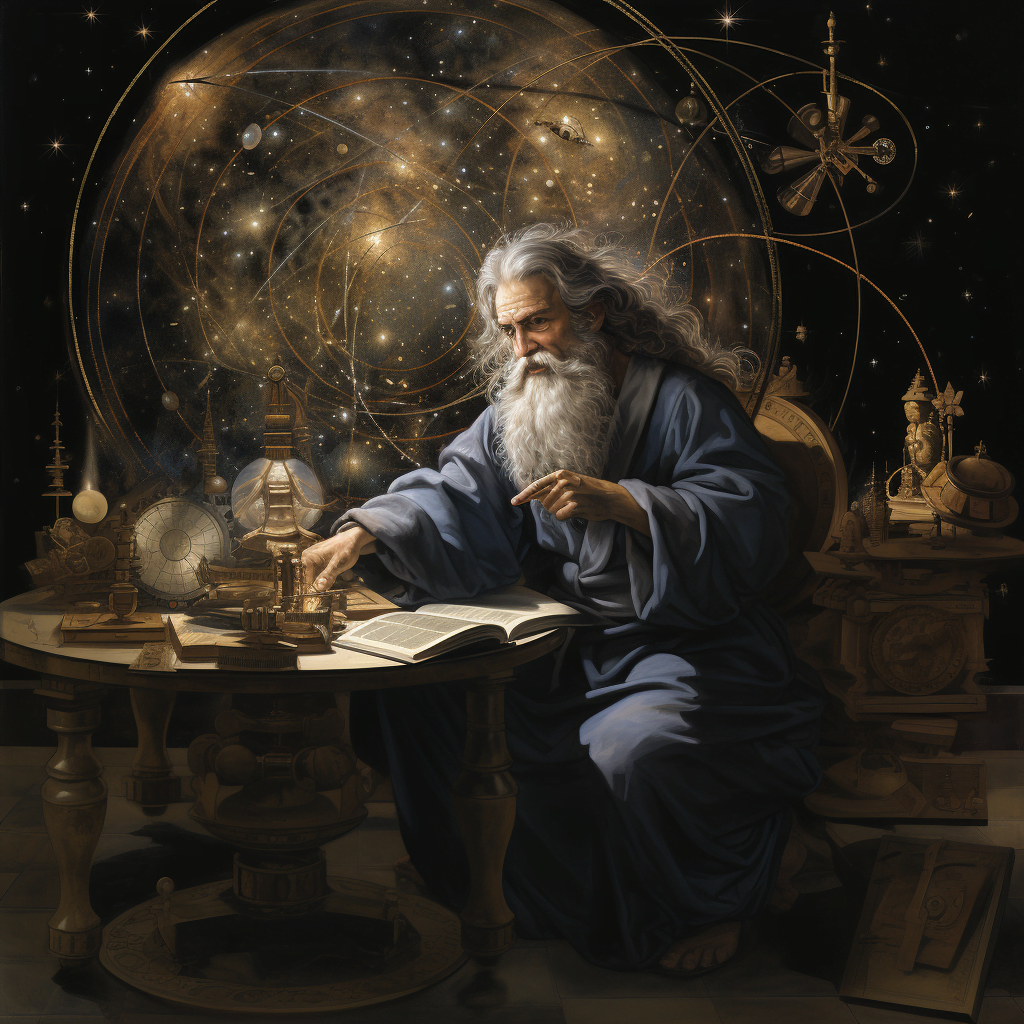
The Evolution of Astrology Today
Contemporary Astrological Practices
In the present day, astrology has undergone further adaptation and diversification. Contemporary astrologers incorporate various approaches, including traditional astrology, evolutionary astrology, and Vedic astrology, among others. Each approach offers unique perspectives and techniques, catering to the diverse needs and beliefs of individuals seeking astrological guidance.
Technology and Astrology
The proliferation of technology has transformed the practice of astrology. Online platforms and computer programs have streamlined the calculation of birth charts and made astrological information easily accessible. Additionally, social media platforms allow astrologers to engage with a global audience, share insights, and foster vibrant communities of astrological enthusiasts.
Astrology’s Popularity in the Modern Age
Astrology has experienced a resurgence in popularity in recent years. A growing interest in spirituality, personal growth, and an alternative perspective on life has contributed to a renewed fascination with astrology. Many individuals turn to astrology as a tool for self-reflection, gaining insight into their strengths, challenges, and life purpose.
Conclusion
The journey of astrology from its early origins in ancient civilizations to its current manifestation as a popular and diverse field is a testament to its enduring appeal and relevance. The contributions of figures like Dr. Alan Leo have shaped the discipline, helping it evolve and adapt to changing times. While astrology continues to face criticism and the debate surrounding its validity persists, its significance in people’s lives cannot be denied. As we delve deeper into the mysteries of the universe, astrology remains a profound lens through which we seek understanding and meaning in our own existence.
